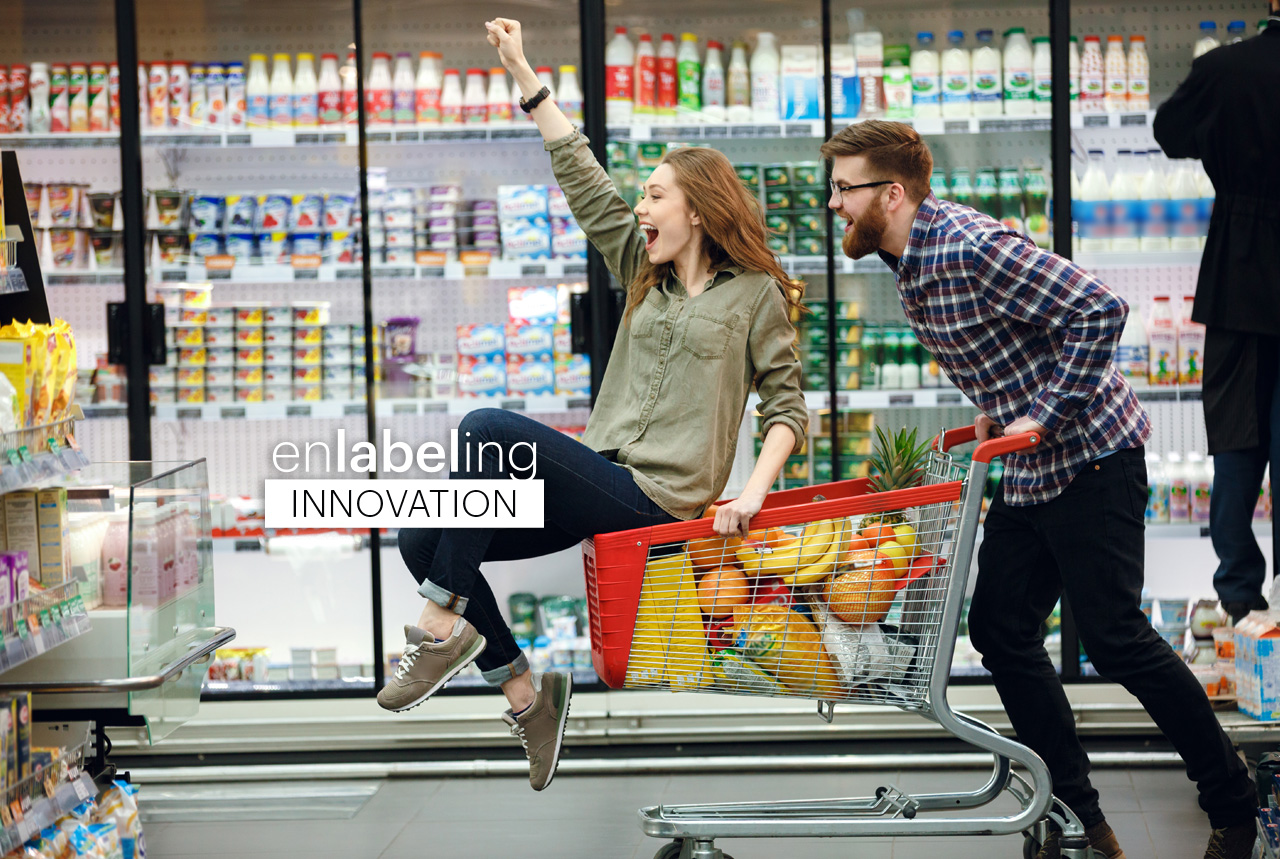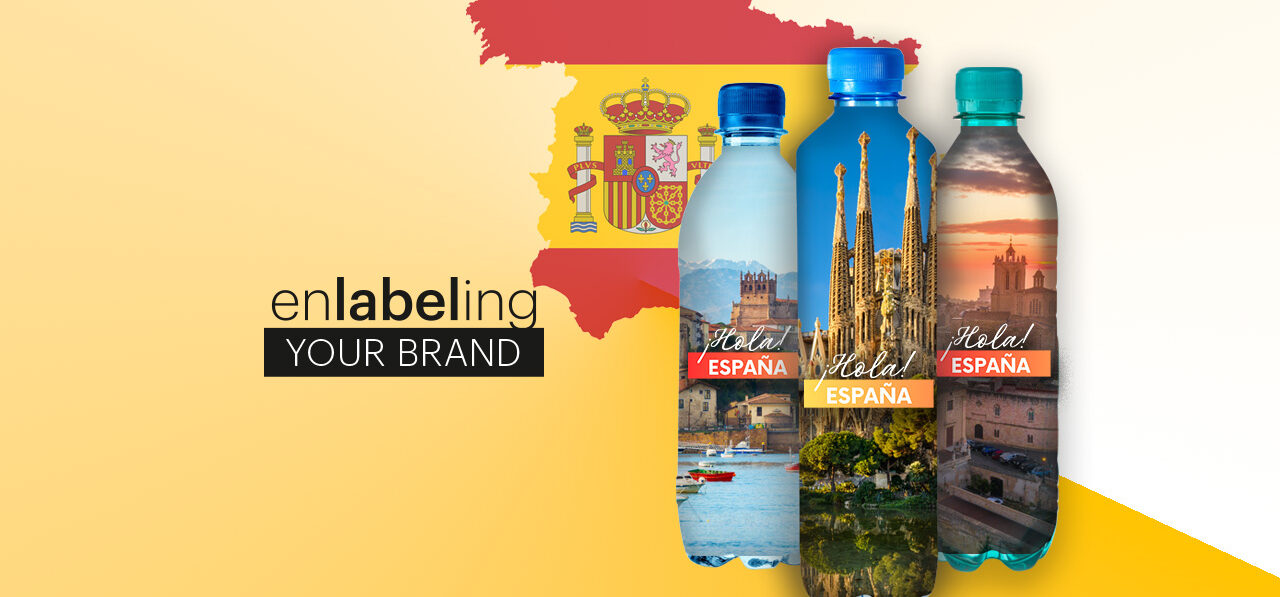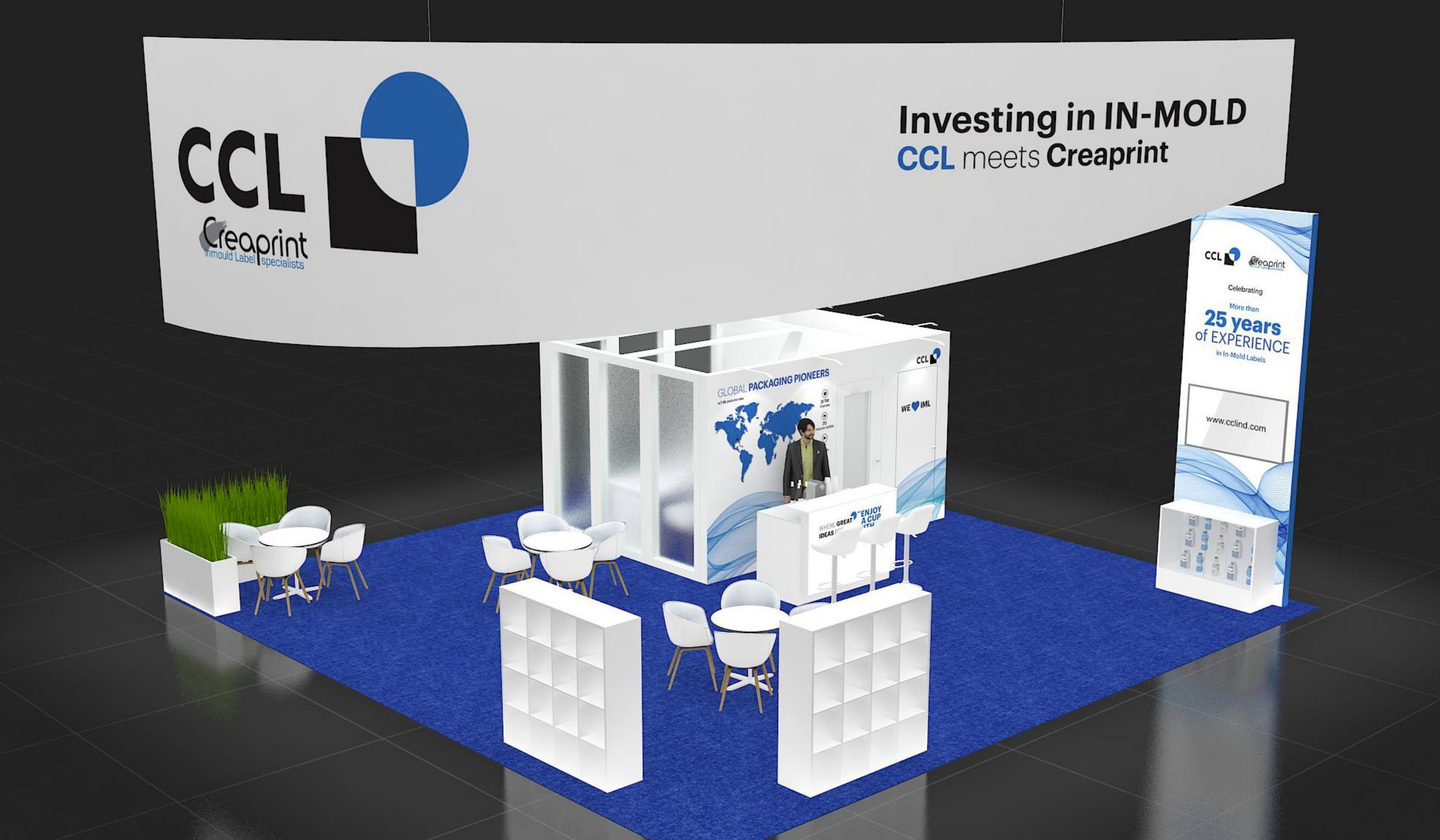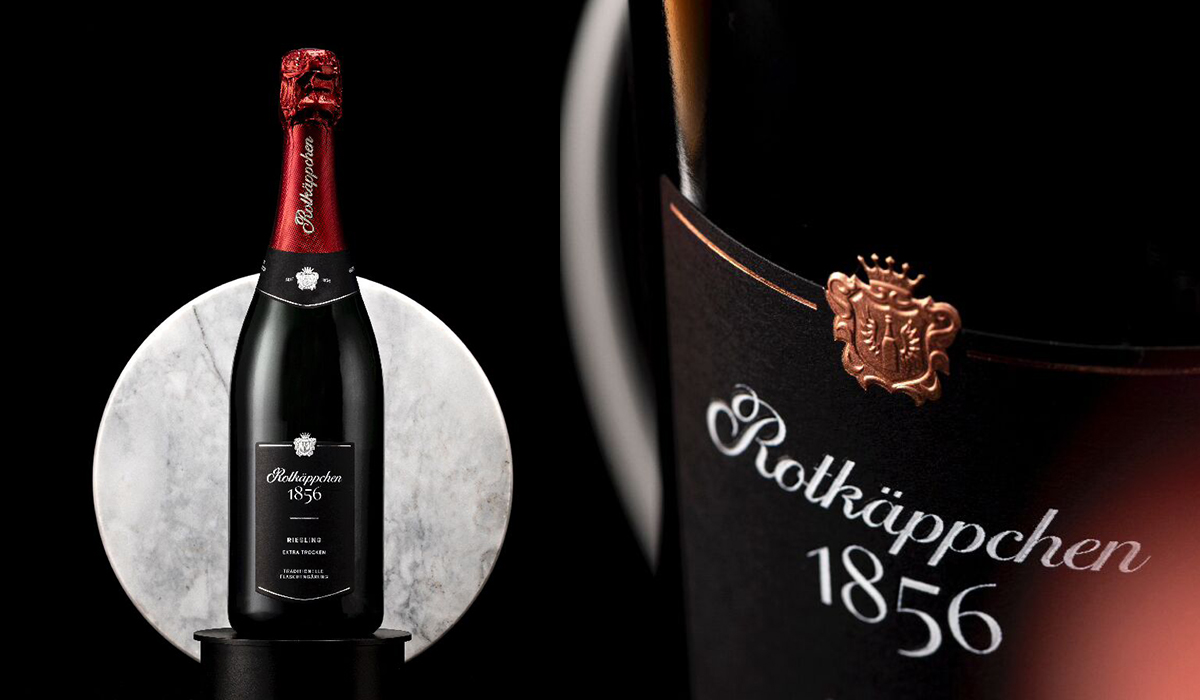Recycling Only Works With the Right Labels: CCL Label Equips Its Customers for Extended Deposit Obligations
The mandatory deposit in Germany has been extended since January 1. Thus, in the future, all disposable plastic bottles and beverage cans, regardless of their contents, will be part of the deposit system, including many fruit and vegetable juices, which were previously exempt. From 2024, milk and mixed milk beverages will also be added. The goal is clear: more recyclables for recycling. The higher the recycled content, the more significantly the consumption of crude oil for virgin materials and the emissions of CO2 will fall.
With the extended mandatory deposit in Germany, CCL Label expects a significant increase in demand for labels that support recycling. Many other European countries have also now adopted a deposit system: Greece, Latvia, Slovakia, Romania, Turkey , Malta, Portugal, Ireland and Scotland have declared that they will introduce a deposit on plastic packaging in the next few years. In Austria, the Climate Protection Ministry announced that it is subsidizing the switch to reusable bottles and one-way deposits on plastic bottles and cans with 110 million euros*.
Reusable systems need “smart” labels that come off quickly
“To make reusable systems and recycling work smoothly and efficiently, the labels on bottles can make a very big difference. Label is not label here. In returnables, specially designed and patented ‘WashOff‘ labels work best. They have been designed to come off without leaving any residue under the conditions that prevail in the bottlers’ washing plants,” says Reinhard Streit, Managing Director Food & Beverage at CCL Label. This means that the bottle can go straight back into the filler and live through many cycles.
PET Recycling: It’s the label that counts
When it comes to recycling the collected plastic bottles in Germany, Austria and all other countries, the label will also matter: Because in order for pure PET flakes from the returned plastic bottles to be recycled, the label must come off the bottle without leaving any residue. “Labels or sleeves made of polyolefin material, such as our EcoStretch, EcoStream and EcoFloat solutions, are ideal for efficient recycling, as their lower density means they float up in the sorting and recycling process,” says Marika Knorr, Head of Sustainability and Communication at CCL Label.
“In this way, they separate cleanly from the heavier PET flakes that sink to the bottom of the sink. The single-variety separation results in the recovery of high-quality PET flakes, which in turn can be processed into new bottles. The cycle is closed.”
Closed loop labels for deposit bottles of the future
A unique lighthouse project to date has been tested in Völkermarkt, Austria. Here, CCL Label was the first company to develop a closed-loop system for reusable labels called EcoStretch, which in the future may make it possible to recycle one hundred percent of stretch sleeves made of polyethylene: Customers bring their empty reusable bottles to the supermarket, where they are collected and returned to the bottler. The bottler removes the sleeves from these return bottles. CCL takes back the detached sleeves, removes the ink, washes them, remelts them and forms new pellets from them. This results in new films for stretch sleeves, which are created from up to around 98 percent of the original material. CCL was awarded the German Packaging Prize for this project.
* Source ORF: https://orf.at/stories/3241570/
07th January 2022




